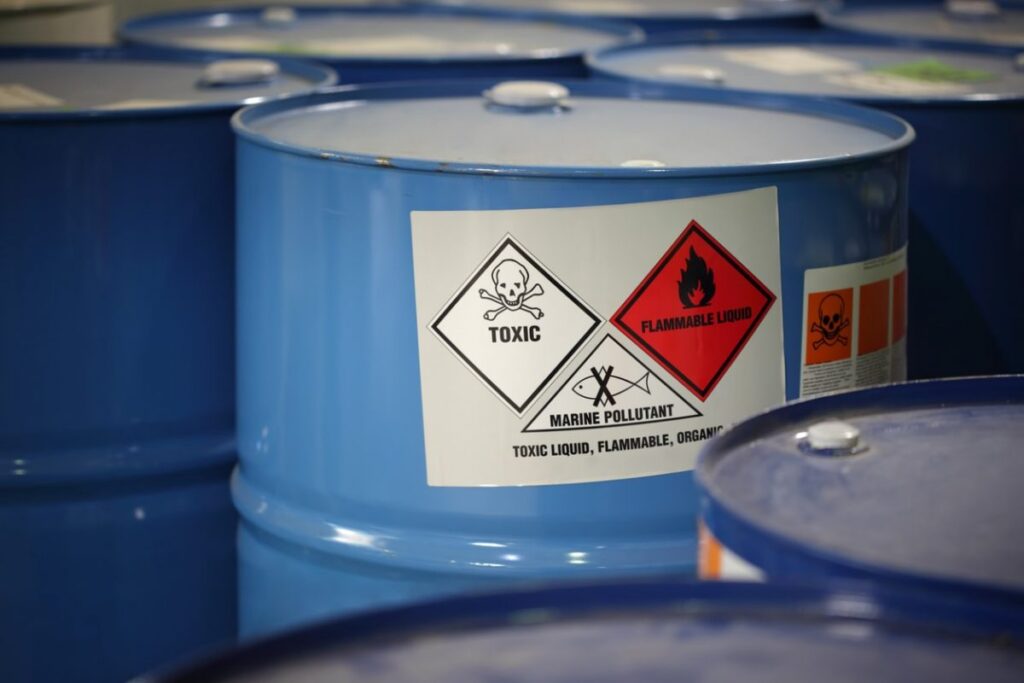Using unlicensed haulers can get you into a big trouble

The sudden closure of NWC has left a void in the market for sneaky operators. A source at New Jersey Department of Environmental Protection revealed that there is an ongoing investigation against a company that picked up hazardous material from dry cleaners.
If an unlicensed waste hauler picks up hazardous material, not only the hauler but also the dry cleaner can be punished.
Illegal disposal of hazardous material can bring a fine as low as $5000 per incident to more than several tens of thousands of dollars.
“Dry cleaners are required to check waste hauler’s permit and insurance,” says Mr. Ken Ahn who founded NWC. “You just can’t say I didn’t know.”
When it comes to environmental waste, “from cradle to grave” principle is applied. In other words, from the moment it is generated at a dry cleaner till the moment it’s recycled at the environmental facility, everyone is held responsible.
“If a person with no HazMat license drives the truck, the first responsibility is with the waste hauler” says Mr. Ahn. “But f that truck has an accident on the road and waste is spilt, the dry cleaner can also be held responsible.”
Can a hydrocarbon user throw away the filters?
Many dry cleaners have converted from perc to environmentally friendly solvent like hydrocarbon. And some say you can throw away the filters in regular garbage when you are using “green” solvent. There are quite a few dry cleaners who dry the filters in the boiler room.
There are two problems with that approach.
Firstly, spent cartridge filters are fire hazard. Keeping them in the boiler room is a fire code violation. Vapor from drying filters is not only a fire hazard but also a health hazard.
Secondly, only because you use a green solvent, there is no guarantee your spent filters are, too. Hazardous material can enter from many sources including spotting chemicals and contamination on clothes. That’s why it’s prudent to send your spent filters to an environmental waste hauler and get them analyzed. If you get the green light, make sure you keep the report for inspections later.
“You’re playing with a serious fire if you try to save a few bucks” says Mr. Ahn. “Just make sure you check the hauler’s permit and insurance.”

